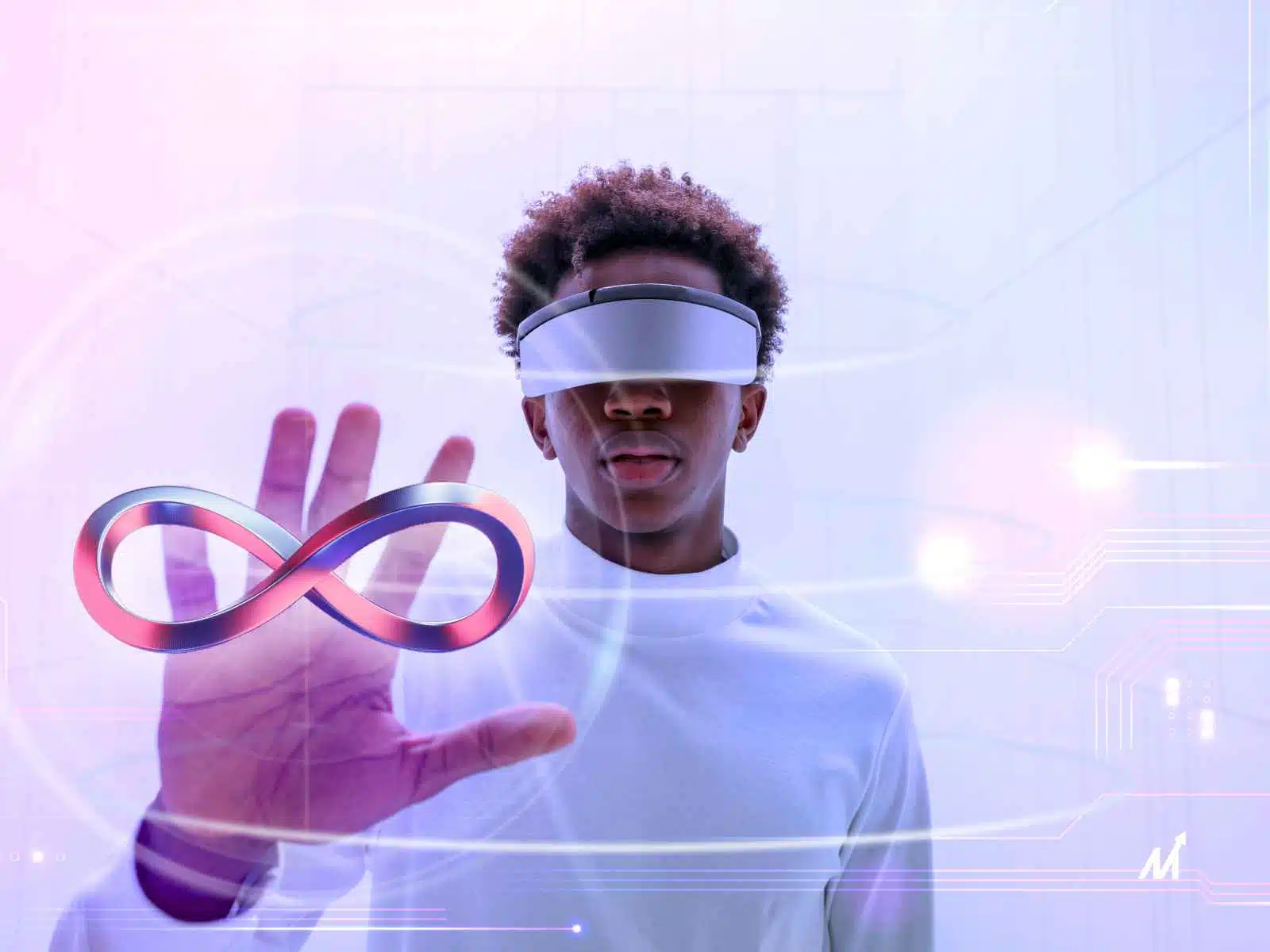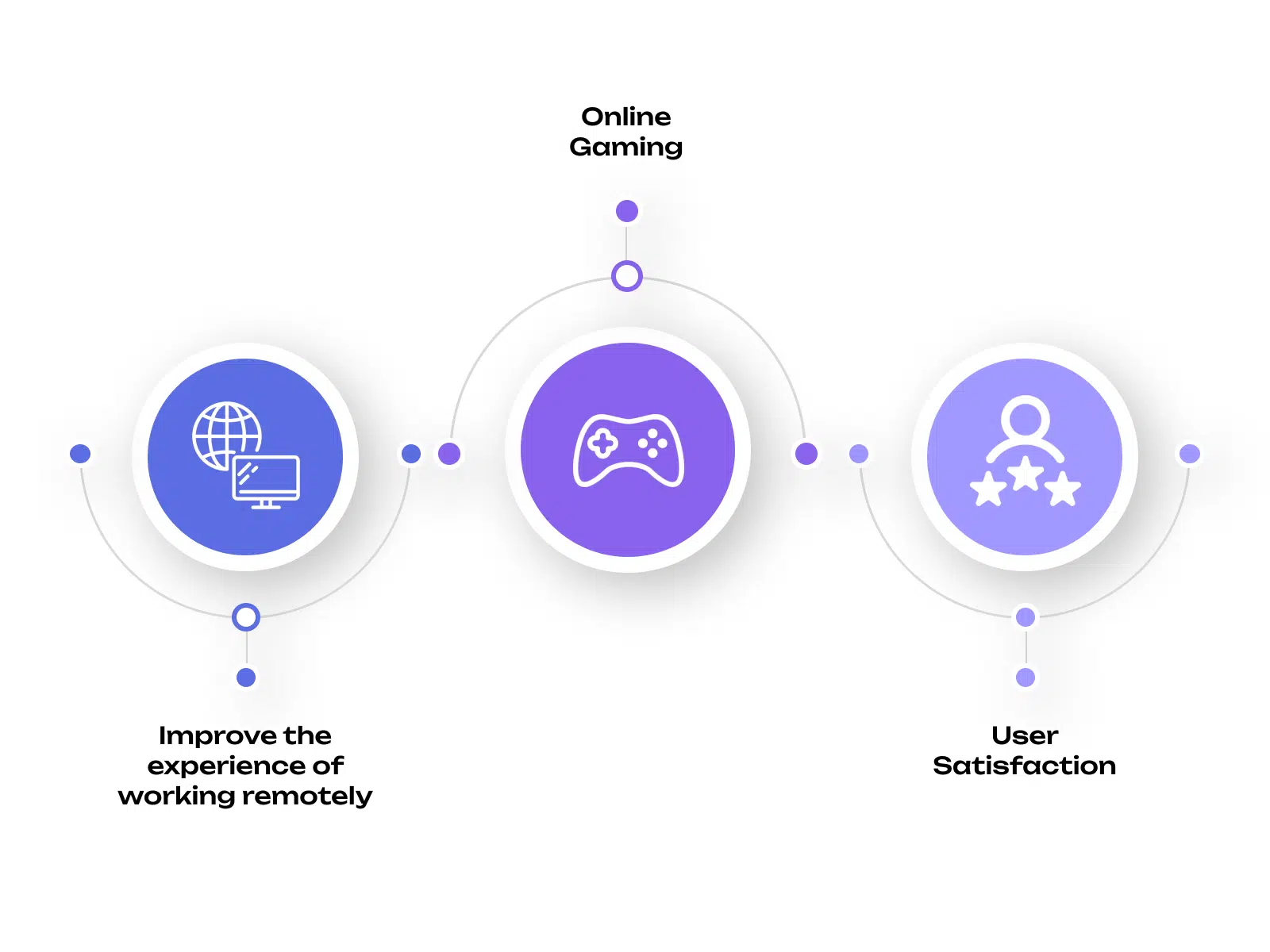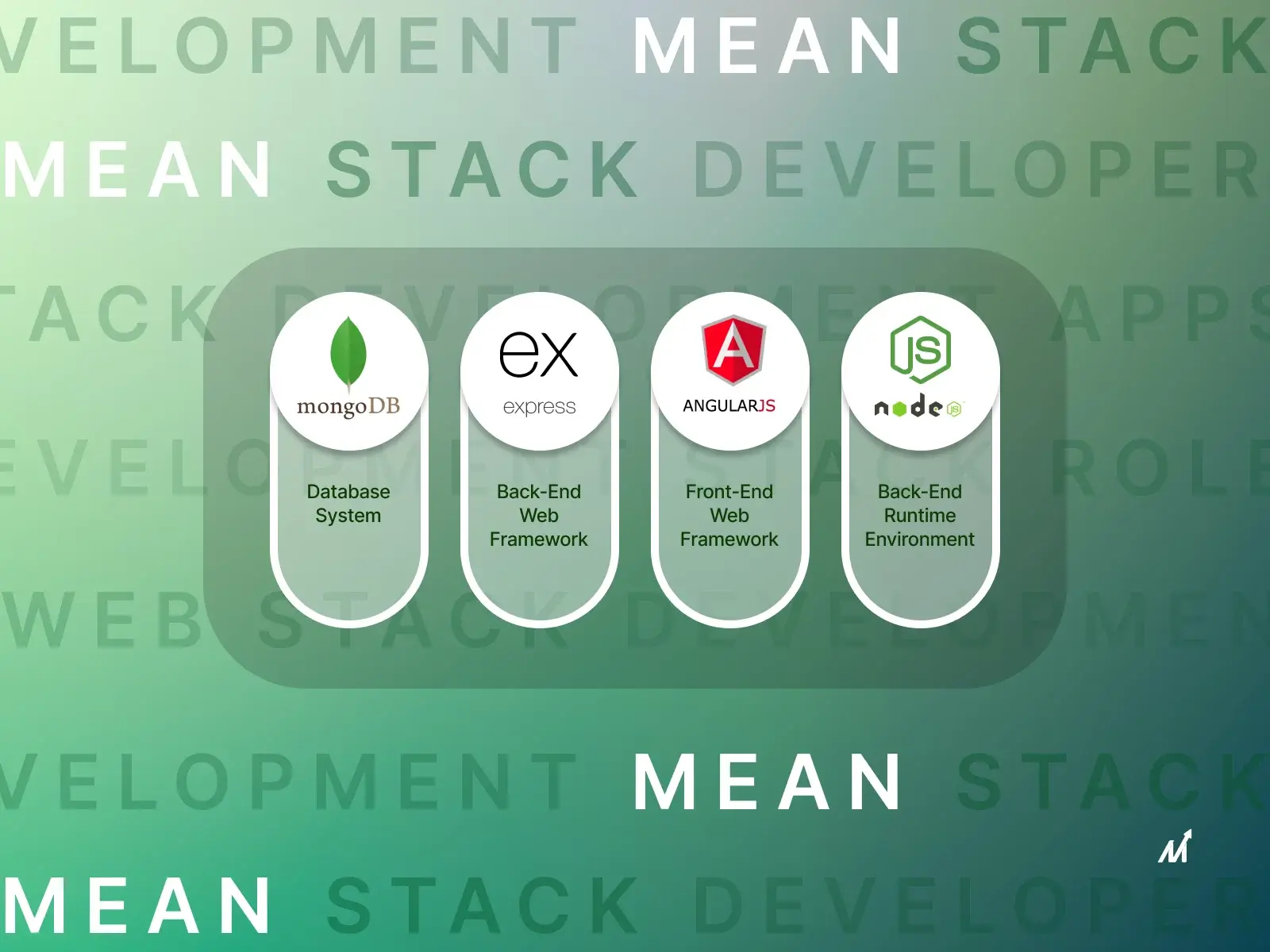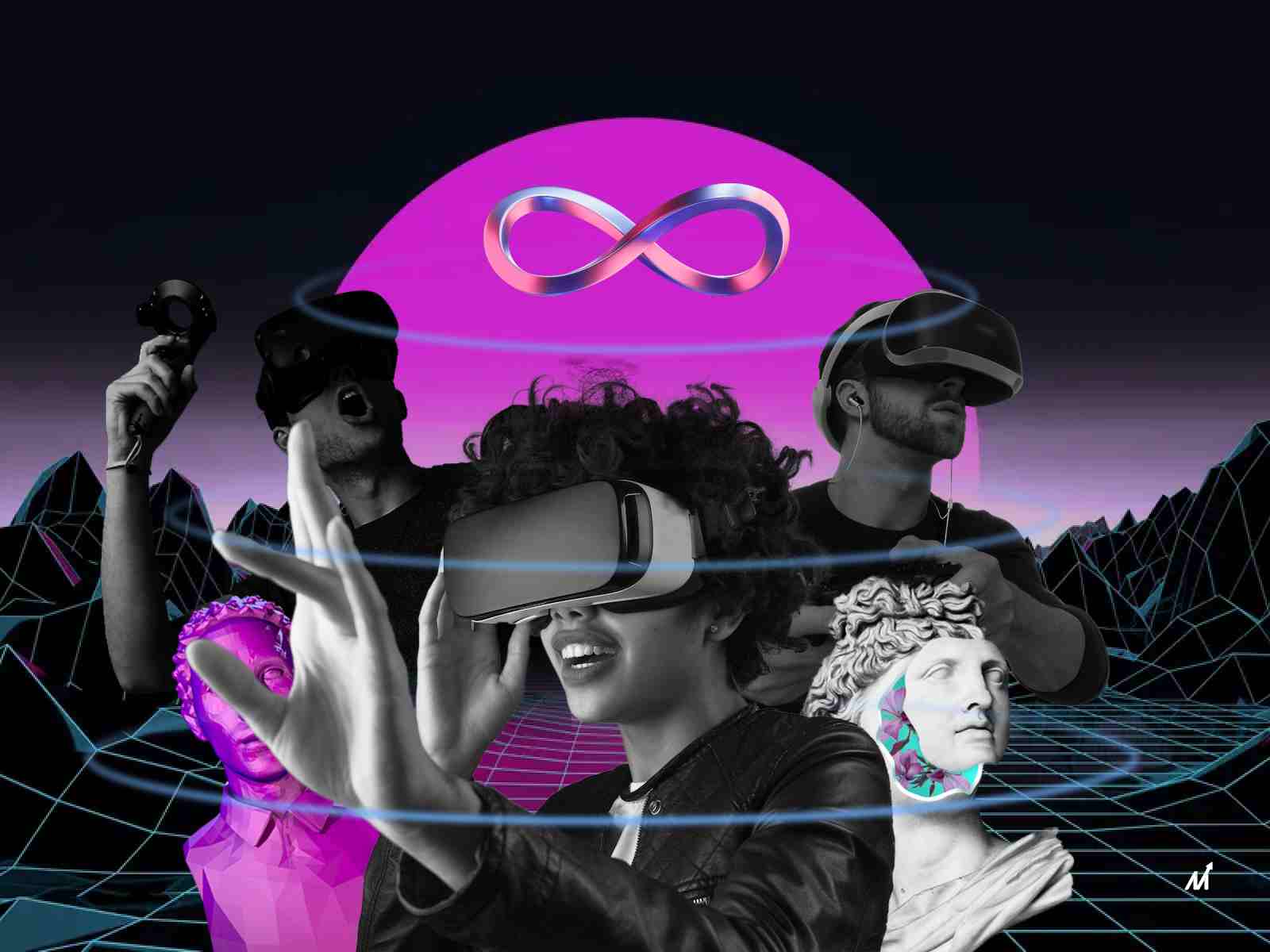Metaverse Use Cases: Facts & Importance
Isn’t it highly enticing to have a virtual setting where users can practice their daily routine in the comfort of their homes? Everything can be done online for meetings, social gatherings, or shopping. The idea behind the Metaverse is this. The Metaverse can be closely analyzed, along with Metaverse use cases and instances, to discover if the Metaverse assumption holds up throughout time.
The Metaverse can generate many commercial opportunities in addition to those for enjoyment and personal gain. Still, users must understand all sides of the argument to use them fully. With $38.5 billion in revenue in 2021, the popularity of the Metaverse is anticipated to soar to $678.8 billion by 2030.
Business owners and investors took notice of Facebook’s adoption of the Metaverse business model. As a result, users are forced to consider the Metaverse’s utility and operation carefully.
Let’s begin the metaverse discussion.
Metaverse Overview
The Metaverse is a blockchain-based shared virtual world where users can interact with and explore virtual worlds. The device is independent of the operator and is not tied to any specific device. Digital currencies, NFTs, virtual reality, and artificial intelligence power the decentralized Metaverse. With these technologies, users can virtually represent themselves and explore their surroundings.
The term “Metaverse” has been used before. Neil Stephenson first introduced this idea in his 1992 book Snow Crash. However, recent technological developments have increased the viability of shared virtual space. Virtual reality (VR) and augmented reality (AR) technology have lately become more widely used due to the Metaverse concept, but 5G networks are developing quickly, and people now have a greater knowledge of what it was like during the COVID-19 pandemic.
When so many individuals have to work remotely due to the COVID-19 pandemic, how can they possibly work? Investors and regular Internet users worldwide are interested in Facebook’s new entry into the Metaverse industry.
Metaverse Use Cases: Businesses Implications
The Metaverse can replicate the real world by utilizing cutting-edge technology like AR and VR. As the next generation of the internet and social media, the Metaverse provides global economic prospects to businesses.
As an illustration, in the future:
- To provide unique storytelling experiences for advertising, Metaverse leverages 3D technology.
- The Metaverse project’s interoperable concept enables the conduct and entry of digital events.
- Despite regional restrictions, the Metaverse examples allow advertisers to interact with a global audience within the e-commerce framework.
- Because Metaverse supports digital wallets, businesses can manage transactions easily within the virtualization environment.
Numerous options exist for businesses to gain from the Metaverse. Businesses will use Metaverse applications depending on their business models and user needs. According to a recent survey done in March 2022, more than 17% of worldwide IT firms have invested in Metaverse. Additionally, sectors like education, finance, healthcare, and marketing are adopting Metaverse at a 9–12 percent rate.
Metaverse Use Cases In Different Industries
1. Metaverse In Education
Teachers might design personalized curricula unique to their pupils or courses if they can generate and share content. Students could benefit from a more individualized learning environment as a result, and teachers would be better able to monitor students’ advancement.
Additionally, students and teachers can collaborate via Metaverse. In a virtual setting, students can collaborate on projects and discuss ideas, enabling them to form deeper connections.
2. Metaverse In Caregiving Services
The potential Metaverse use cases for healthcare services are connecting people with doctors and other healthcare professionals worldwide. Thanks to this, people would benefit from better care without traveling far or waiting a long time.
Additionally, it would let patients see multiple doctors in a single visit, saving them from unnecessary medical procedures.
3. Metaverse In Real Estate
There are countless ways that Metaverse could be used. Real estate transactions and property leasing may both take place within a Metaverse.
It could also be used to trace a property’s history or administer property rights. Other options abound, and the only thing limiting them is our imagination.
4. Metaverse In Travel
Travel data tracking, reservation management, and customer service may all be done in the Metaverse. It can also track goods across numerous sites and manage inventories.
Metaverse can even be used to create a virtual gift shop for tourists. The Metaverse has allowed visitors from far-off countries or locales to enjoy virtual tourism experiences.
5. Metaverse In Finance
Banks are utilizing the Metaverse to create fresh approaches to client engagement. They can also use it to keep better customer data records and monitor transactions. The Metaverse provides opportunities to stop fraud as well. By monitoring actual transactions and comparing them to anticipated ones, banks can spot fraudulent activities much more quickly than conventional approaches.
Financial firms may also create virtual portfolios that customers may access from anywhere using Metaverse technology. The creation of secure online banking systems is another use for metaverse technology.
6. Metaverse In Manufacturing Sector
Making a shared manufacturing area where businesses can work together to make things is one such Metaverse use case. By doing so, the need for costly and time-consuming shipping and distribution procedures would be removed, and manufacturers could maintain local control while benefiting from economies of scale.
Inventory control and data tracking might both be done with Metaverse.
7. Metaverse In Social Media
A Metaverse as a platform for entertainment and social media interactions is one potential application. Users might sign up for accounts on a Metaverse, for instance, and use it to share images, films, and other types of content.
They might also communicate with one another in various ways, such as through chit-chatting or engaging in competitive activities.
Key Metaverse Benefits For Businesses
Many businesses are already adopting a permanent remote work policy due to the Covid-19 pandemic, which has profoundly transformed how people work. For instance, both Airbnb and Spotify permit their employees to work from home or anywhere in the nation (or worldwide).
People still need to connect and work together, though. Business organizations rely on virtual and digital communication channels, such as video conferencing across platforms and devices, most frequently over the internet, to socialize and interact online to enable this flexibility.
Imagine taking this further and making video conferencing feel as authentic as face-to-face communication. Those 3D virtual interactions can become much more exciting and lifelike with the help of an AR or VR headset and a Metaverse.
Metaverse benefits provided to companies operating in various sectors, such as gaming, entertainment, e-commerce, and education, are listed below.
1. Improve The Experience Of Working Remotely
The lack of face-to-face interactions that remote work presents makes it challenging for employees to interact and communicate with one another. Employees can communicate digitally in a Metaverse, allowing them to read each other’s body language and understand their feelings while maintaining their emotional connection.
2. Online Gaming
Blockchain-supported NFT exchanges are made possible by Metaverse games like Axie Infinity, creating a new method of value transfer throughout the Metaverse. Lending, borrowing, and real estate search are a few other commercial activities that can be anticipated in the Metaverse.
3. User Satisfaction
In recent years, many businesses have already embraced augmented reality (AR) and virtual reality (VR) technology to enhance the consumer experience. For example, museums and galleries have organized online art exhibitions and allowed viewers to enjoy the show using a VR headset. Another example would be branded using augmented reality (AR) to enable their customers to test how furniture will fit in their living rooms. In the Metaverse, these encounters can be improved and made to seem more genuine. The Metaverse benefits could drastically alter future interactions between commercial organizations, consumers, and providers of goods and services.
How Can Markovate Help With Metaverse Development Services?
We are adept at utilizing the services the Metaverse provides to suit the needs of all the countless Metaverse use cases it can support. Typical components of our suite of enterprise-focused Metaverse development services include:
- Metaverse Marketplaces: We also create the most complex Metaverse marketplaces. For those platforms, we also provide cryptocurrency and specialized NFT development services. We deliver a fully customized marketplace with several features, including price bidding, a product gallery, and product resales.
- Metaverse Games Development: We develop single- and multi-player Metaverse games, marketplaces, NFT trading opportunities, and more utilizing blockchain technology. We also use augmented reality, virtual reality, AI, machine learning, and full-stack programming to create future-ready Metaverse environments.
- 3D Space Development: We build innovative 3D worlds using the best Web development, augmented reality, and virtual reality technologies that are aesthetically pleasing and efficiently employ as much data as possible. Our developers seek to enhance the general public’s access to the Metaverse by making it compatible with most 3D hardware.
- Metaverse Integration Services: We can enhance Metaverse’s functionality and develop a more engaging 3D environment with the help of Metaverse integration services. Our team develops or implements all solutions that strengthen the ecosystem’s value through data integration, API integration, tool integration, DApp integration, NFT marketplace integration, etc.
Metaverse Use Cases: Commonly Asked Questions
1. How will Metaverse change the world?
Many fields cannot yet predict how the Metaverse will affect reality because it is still in its early stages. Some exciting concepts, though, might become a reality soon. Even though people will still need face-to-face interaction, the Metaverse might develop more effective means of connecting with people far away. Users may easily access shopping, work, doctor appointments, and personal styling. The Metaverse, which is still in its early stages, has the potential to transform lives all over the world.
2. Are there any drawbacks of the Metaverse?
The Metaverse is the internet’s next generation, and we employ augmented and virtual reality technologies to immerse ourselves in it. With all of this digitization comes new privacy concerns. When we browse online, we already have privacy issues. Our online behavior will continue to be tracked using the same technologies in the Metaverse, where it is likely that the surveillance will intensify and become even more intrusive.






